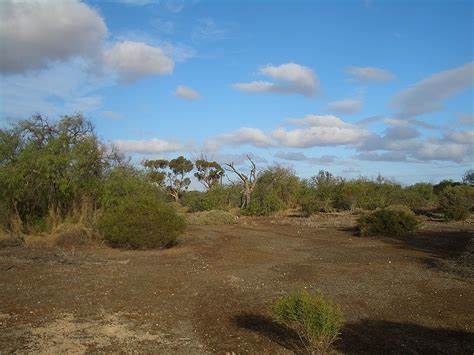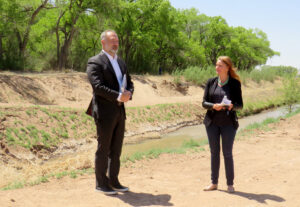The Effect the Coronavirus Pandemic on the Environment

Enviornment
The Coronavirus Becomes Global
Near the beginning of the year, the coronavirus put the world in a pandemic and most nations began to shut down all non-essential activities. The novel coronavirus, dubbed Covid-19, has already resulted in millions of infections and hundreds of thousands of deaths which has forced many governments around the world to take extreme safety precautions.
Positive Impacts on Emissions
Amidst such unprecedented times, the global pandemic has had a unique impact on the environment. It seems as if the anthropogenic environmental impacts have completely flipped during the pandemic.
- Greenhouse Gas Emissions
Greenhouse gas emissions have decreased significantly due to reduced traffic congestion, air travel, shipping, and manufacturing. Carbon dioxide emissions have gone down 5-10% in New York and 25% in China.
- Coal Combustion
Coal combustion has also significantly decreased around the world. It is evident that the decrease in carbon emissions is mainly due to traveling and industry operations being significantly slowed down as traveling contributes to a quarter of carbon emissions and industry contributes to a fifth of carbon emissions.
- Oil Production
Additionally, oil production has been reduced or even stopped due to the unprecedented reduction of traveling. These reductions in emissions have caused many cities infamously known to have high levels of air pollution to have much clearer skies compared to before the start of the pandemic.
Positive impacts on water quality
In addition to better overall air quality, water quality has also improved around the world as well. For example, the decrease in boat activity in the canals of Venice, Italy has caused the water quality in the canals to become the clearest it has been since 60 years ago.
Negative Impacts of the Pandemic
Despite the positive impacts on the environment, the pandemic also comes with negative consequences. The reductions in greenhouse gas emissions have come at the cost of unprecedented unemployment levels as many national economies have plummeted since the coronavirus pandemic began.
Thus, despite the reductions in greenhouse gas emissions and better overall air quality, this is not the most efficient path to combating the global climate change crisis. These reductions are also abnormal as they are only possible during a global pandemic. Scientists predict that once the world opens up again, emissions will skyrocket and return to the levels they were at before.
Local markets in nations like the US have been overwhelmed by food production and the inability to export goods as a result of import restrictions. This has resulted in increased food waste causing increasing amounts of organic waste emissions like methane. Methane is a much more potent greenhouse gas than carbon dioxide.
Additionally, the coronavirus pandemic could also have negative consequences like higher emissions than regular as a result of nations’ attempts to stimulate their economies and global climate conferences like the UN’s COP 26 being postponed. With several nations shutting down travel, this may also create difficulties for scientists abilities to physically gather data regarding climate change.
Since many national park workers, land conservation workers, and marine conservation workers have been forced to stay at home during lockdowns, illegal deforestation, fishing, and wildlife hunting have increased due to lack of monitoring.
It may seem that some of these problems will gradually be resolved as the pandemic goes away and life returns to the way it was before but the benefits of this pandemic like reduced air and water pollution will also go away.
Using The Pandemic as a Learning Opportunity
It is crucial that people use these times quarantined at home to develop a new more sustainable normal by using the pandemic as a positive learning experience. People may realize that certain unsustainable commutes can be unnecessary.
The abrupt clearing of certain shelves in most supermarkets during the pandemic may also encourage people to alter their diets to account for scarcities. This could also allow people to reduce food waste.







